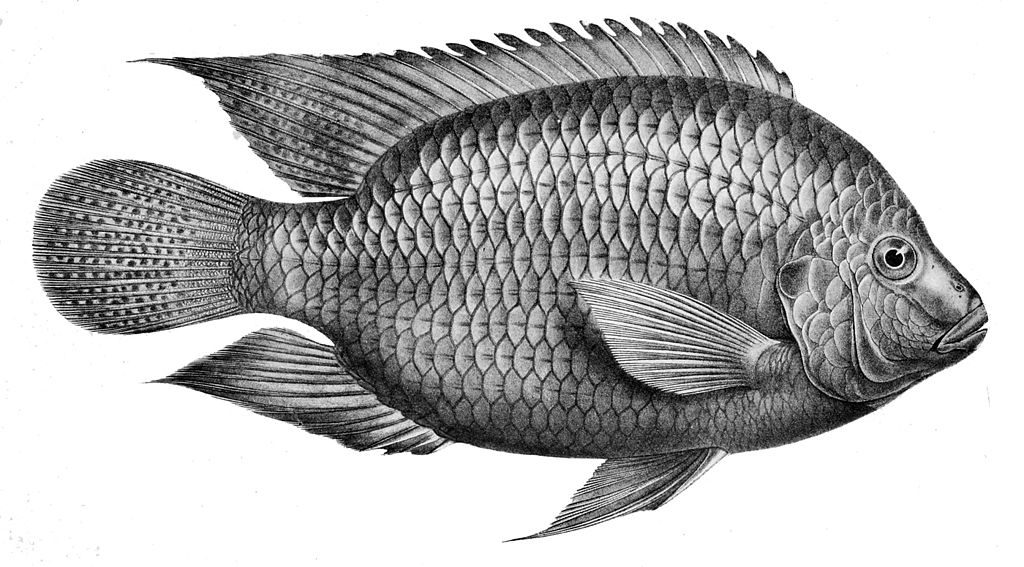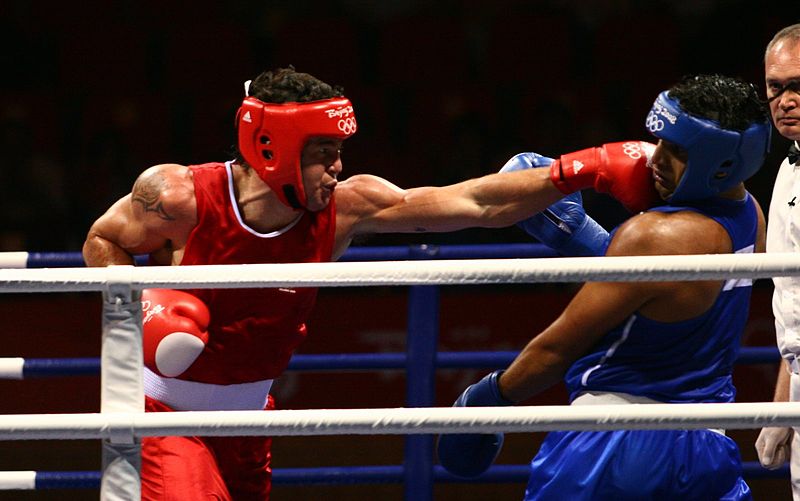
A week after news that the U.S. Office of Research Integrity (ORI) would have a new interim director shortly comes news that the agency will also have a new director of its investigative division as of early next month.
Starting August 4, Alexander Runko will be the director of the ORI’s Division of Investigative Oversight (DIO). He is already working at the agency as an investigator.
According to the ORI:
Continue reading U.S. government watchdog names investigative director






